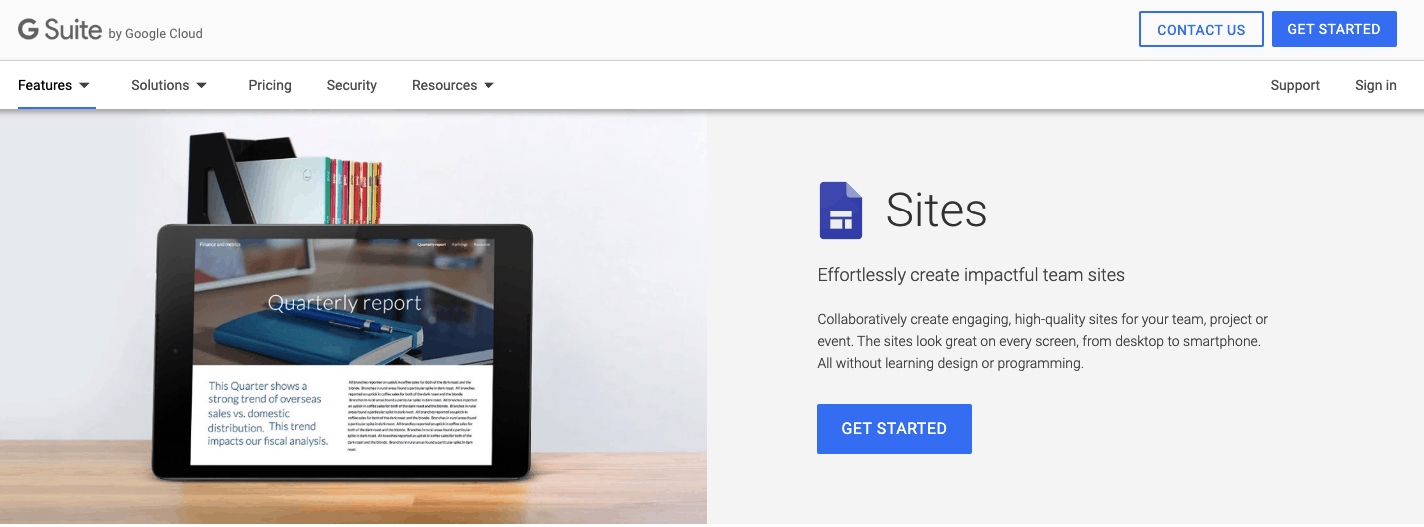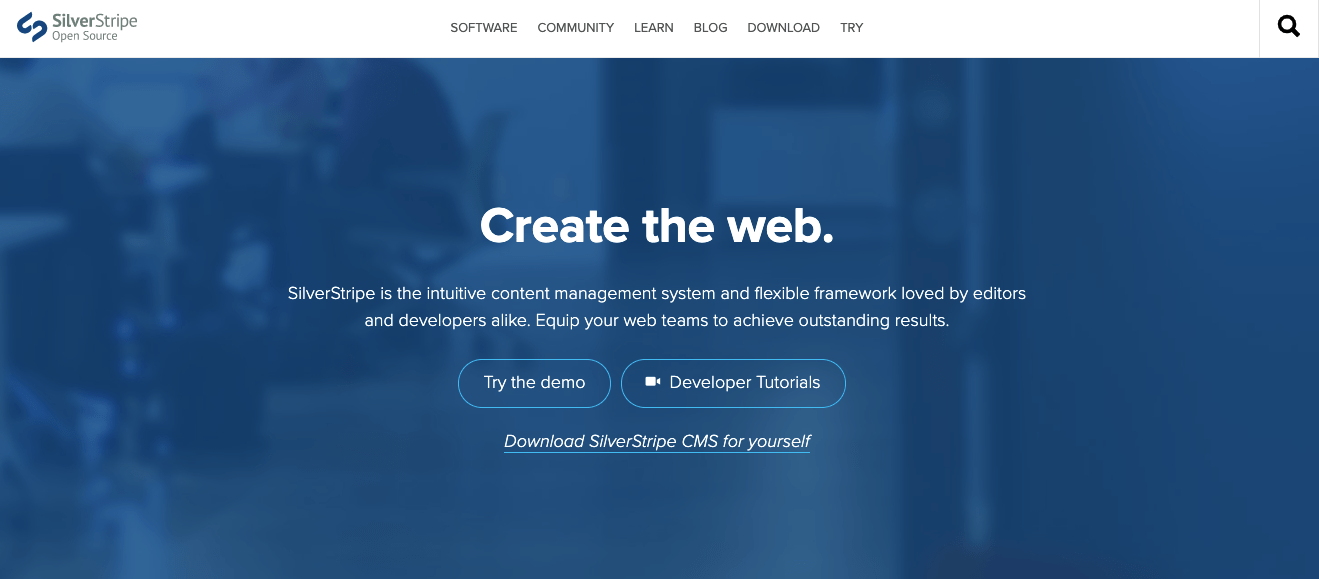CMS – the acronym that has been popping around everywhere you search for advice on establishing your online presence. If you are looking to create your website (which is kind of mandatory nowadays), you need to understand what CMS is, and to pick the right one for your business.
Let us help you with that.
What is a content management system?
The term ‘content management system’ (CMS) is a software application – or set of connected programs – that are used in order to create as well as handle digital content. CMSes are usually used for enterprise content management (ECM) in addition to web content management (WCM):
- An ECM helps with promoting collaboration in the workplace through the process of combining document management, digital asset management, as well as functionalities associated with records retention. In addition, an ECM provides end users with role-based access to the organization's digital assets.
- A WCM enables collaborative authoring for websites. Many times, ECM software includes a WCM publishing functionality; however, ECM webpages normally remain behind the organization's firewall.
In simpler terms, a CMS is a tool, which assists you in building a website without you needing to write all the code from scratch (or even knowing how to code at all). Instead of creating your own system in order to create web pages, store images, as well as other functions, the CMS handles all that basic infrastructure requirements for you so that it is possible for you to focus on more forward-facing aspects of your website.
Popular content management systems
There are quite many of them; truth be told. Still, here are some of the most popular ones to get you started.
WordPress

WordPress is still the most frequently used CMS on the Internet. Many well-known websites rely on WordPress in addition to countless blogs. This is because WordPress presents the user with a quick and simple installation when this is done manually. Many web hosting service providers provide a very quick and easy installation process. WordPress is convenient and flexible to use, as we can understand this statement as, if you want to use some PHP and CSS coding, then you can, and you will be capable of editing the key theme and plug-in files from WordPress admin.
Google Sites
 Google Sites makes it as simple to create and edit a website as it is to create a document in Microsoft Word. The user interface in this CMS is intuitive and offers a wealth of Google technologies that can be included. These are, for example:
Google Sites makes it as simple to create and edit a website as it is to create a document in Microsoft Word. The user interface in this CMS is intuitive and offers a wealth of Google technologies that can be included. These are, for example:
- Google Drive documents, and
- Google Maps.
This means that you’ll be able to create a website that shares the information you want it to. Without any further discussions-, everyone should believe that Google sites are the easiest to use and convenient content management system, which is presently available in today’s scenario. However, the user should keep one thing in mind while using Google Sites; they cannot be stored in your system. You lack here, developing options of CMS tools, but still, they are the quickest and easy content management system, especially if you are a digital marketer and looking for a quick and easy solution.
SilverStripe

When we start counting on CMS, we firstly include SilverStripe because of this, an open-source CMS solution. It doubles up as a standard CMS as well as a framework for developing web applications. Something that many digital marketers will love is that SilverStripe includes Search Engine Optimisation (SEO) and multilingual tools together with the standard WYSIWYG website editor. SilverStripe features several add-ons for introducing additional functionality as well as a flexible design (HTML, CSS, and JavaScript can all be edited). It is also possible for you to see a live representation of how a post or page will look as you update it.
Overall
According to several estimates, surveys as well as experiments, it’s thought that there are approximately two billion websites that are currently online. This number is beyond massive, which creates a lot of space for the web’s content management systems to shine.
Now that you know what CMS is, and have a couple of examples to help you set up your criteria, may the hunt for the best CMS for your business begin (or end, if you decide to go with one of the three mentioned above). Anyways, we're sure that any of the CMS you choose won't let you down!




